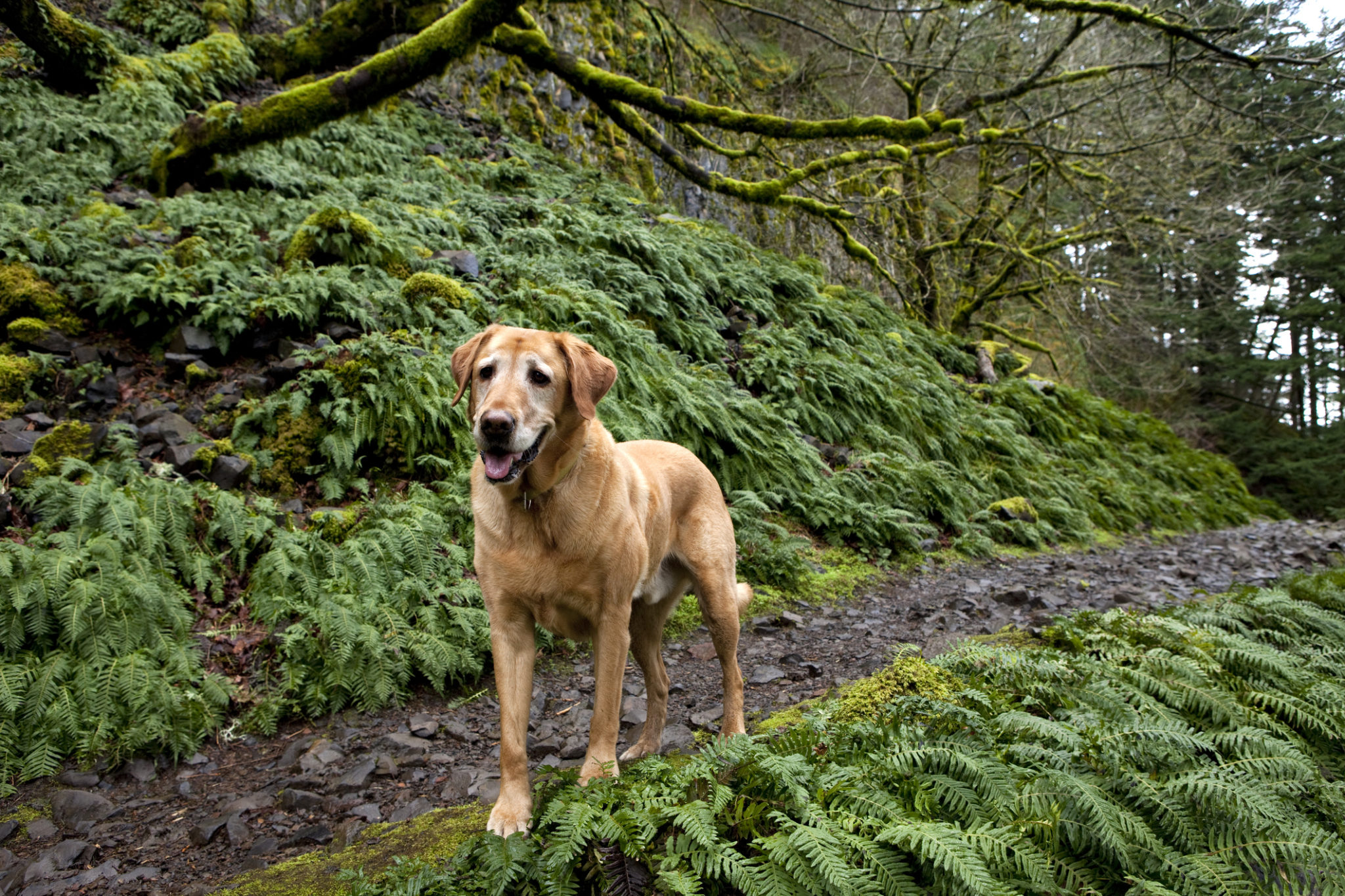
Jul 15, 2021 | By, For Pet's Sake
Tips for finding a lost pet or preventing it in the first place
Millions of Americans lose their pets each year due to a variety of reasons. If this ever happens to you, what you do next could be vital to reuniting with your pet. Ultimately, you never want to lose your pet in the first place, so prevention strategies are also important in lowering statistics about lost pets.
Here are some helpful tips in honor of Lost Pet Prevention Month, both for finding a lost pet and making sure you never experience the stress and anxiety of searching for your furry friend.
Finding a lost pet
As soon as you realize your pet is gone, panic will probably overwhelm your mind and make it difficult to decide where to start looking. Try the same routes you usually take. Animals, especially domesticated ones, gravitate toward familiarity and what they’ve been trained to do. Perhaps they’ve gone on the path you take on your morning or evening walks. Maybe they’ve strayed toward their favorite park. If they like social contact, maybe they’re visiting a nearby farm or friendly neighbor’s house.
If you don’t find your pet immediately by looking in familiar places, it’s time to enlist the masses. Post flyers on street posts, at schools, and in storefront windows. This probably sounds old-school because it is. An even better option is to post on social media. You can often find local pages that are dedicated to helping find lost pets.
You can also try calling your local shelters and veterinarians. When people find loose animals, sometimes their first reaction is to take them to a trusted place where there are other animals. If your first attempt at calling shelters comes up empty, you should file a report with the ones that are near you so they can contact you if your pet turns up there.
Preventing lost pets
Microchipping your pet is a useful first step in pet ownership that can mitigate the risk of losing your pet. Veterinarians often recommend installing the microchip during another procedure that requires anesthesia, such as when you spay or neuter your pet, but you can choose to schedule the microchipping separately.
Microchips don’t use GPS technology. That means the chip doesn’t come with an app that will constantly show you where your pet is. However, if your pet ends up in the hands of a vet or a shelter, they can use special technology to scan your pet for the chip and find your contact information to let you know they’ve found your pet.
You might be thinking, “What’s the point of a microchip if you need a certain device to activate its abilities?” That’s where another important step of pet ownership comes into play. Attach identifiable tags to your pet’s collar, and make your pet wear that collar at least until they are safely locked inside for the night. If you have an outdoor cat, you should make sure the collar is on them at all times. That way, if your pet escapes and is found by someone in the neighborhood, the person who finds them can look at the tags and use the information to contact you.
Closing gates in your yard, crate training your pet, and leashing them in unfamiliar territory are other strong strategies for keeping your pet safe and preventing them from running away.
Keep in mind that, if you distribute your contact information to the public, you could receive calls from nefarious sources looking to capitalize on your emergency. Whenever someone contacts you saying they’ve found your pet, ask for a photo to verify they have your pet. Set up a meeting in a highly populated place, and don’t give in to people who ask in advance for any reward you’ve offered. It may also be helpful to withhold a certain trait from your lost pet flyer so that you can ask for it whenever you receive a call from someone.
As a fellow neighbor, you can always help other pet owners in your community by keeping a watchful eye on your surroundings. If you see something that looks odd, such as a pet on the loose without a human nearby or an unsupervised open gate, take immediate action. The few minutes you spend now could save days or weeks of stress for someone who just wants their pet back in their loving arms.
Have a question about pet health? Want to become the best possible pet parent? Find helpful tips, reminders, and insight to giving your furry friend the best possible care with For Pet’s Sake! Learn more at drdevonsmith.com.

